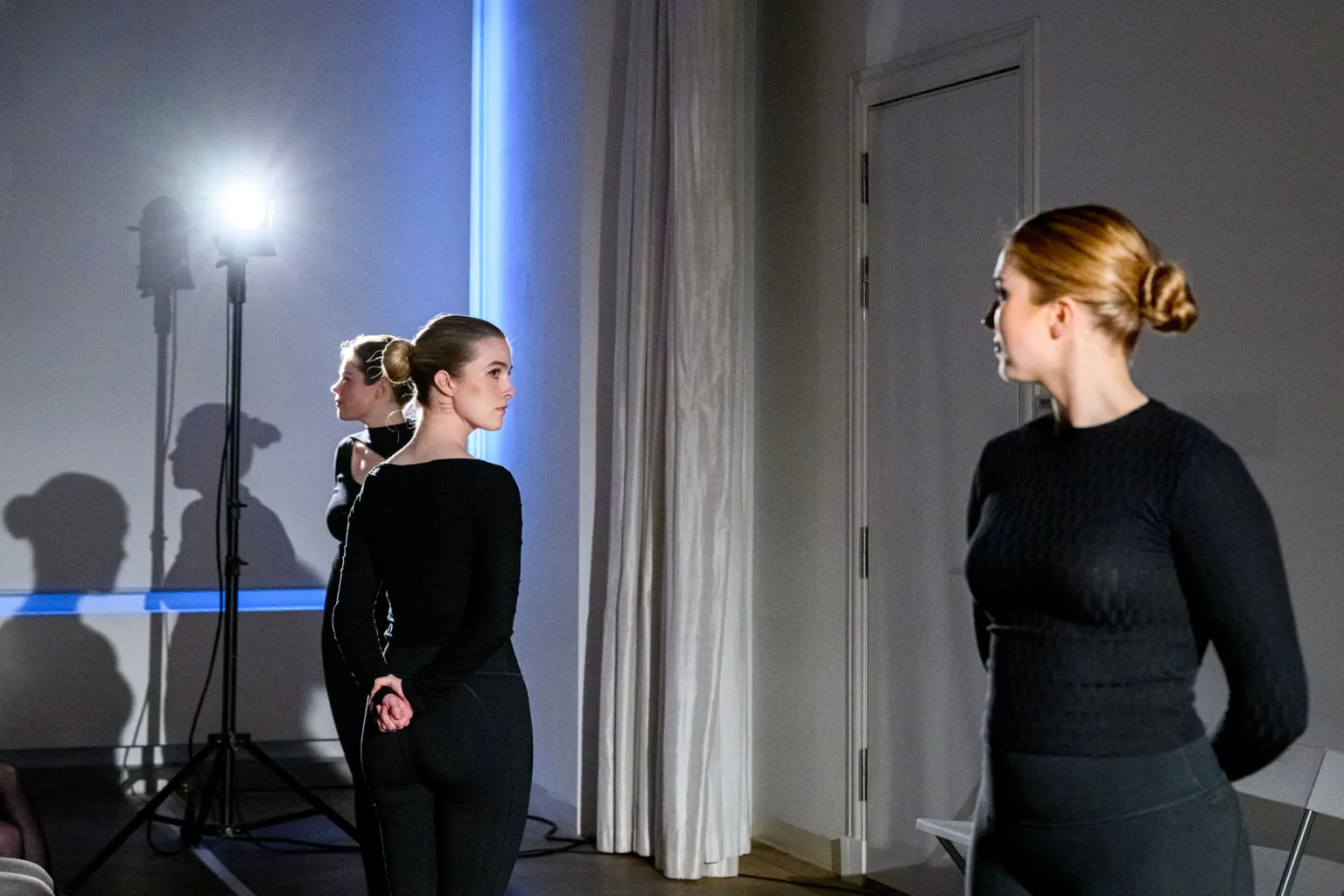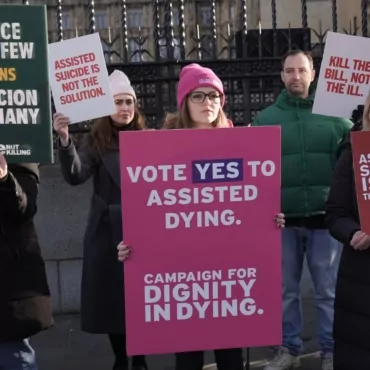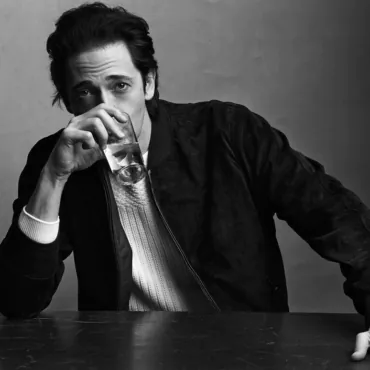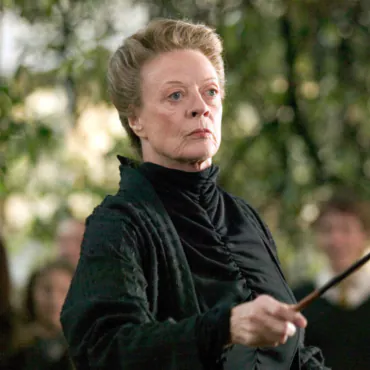Quad Loop is the first play to cover the scandal surrounding Kamila Valieva at the 2022 Winter Olympics. The 15-year-old Russian figure skater was one of the main contenders for victory until a failed doping test turned the tide of “her Games.” A new theater drama explores the role of the media in the case and the relationship between sports and politics, Russia and the West.
The text, written by Inge-Vera Lipsius, is a unique blend of direct quotations, references to press articles and sports commentary, combined with the author’s absurdist style. Quad Loop premiered at The Merchant House in Amsterdam last year, and the English-language version was Lipsius’ UK debut.
The play begins with a reconstruction of the main events surrounding Valieva. Through a series of dialogues and monologues, the characters in the play discuss the influence of the media on the public perception of athletes, the complex relationships between countries, and how sport becomes hostage to political intrigue. Lipsius emphasizes the irrationality of what is happening, creating the feeling that the viewer is caught in an endless labyrinth of manipulation.
One of the central moments of the play is the scene where Valieva, surrounded by journalists and sports officials, finds herself in the epicenter of chaos and confusion. Here the director masterfully conveys the pressure the young athlete feels and shows how quickly public opinion can change its sympathies.
“It’s a personal story for me. I always loved watching the Olympics when I was a kid. In 2018, I watched the figure skaters at the Pyeongchang Olympics, expecting Medvedeva to come back in 2022 and try to take the gold medal. But that didn’t happen. And then, after the Russian invasion of Ukraine, through this play, I tried to understand how Russian athletes representing the country could be connected to the war,” Lipsius shared when asked what inspired her to create the play.
On her exploration of the relationship between sport and war in the play, Inge-Vera commented: “In Russia, there is such a thing as ‘sports propaganda’ – the use of doping and its perception by society as a way of maintaining power without the use of direct aggression and force. This is not much different from what Russia is doing now. Valieva’s case shows how Western leaders allowed Russia to use this force. Sport is war, but without the shooting.
“I am closer to the official position of the Olympic Committee regarding this situation, sanctions measures against Russia could have been applied earlier. It also seems inhumane to me to subject children to such trials, they should be at least 18, but not 15 years old. Very little attention has been paid to the coaches and the proceedings against them. Despite my views, I tried to stay on the sidelines and show the full picture of what was going on. I wanted to create a cacophony of opinions and voices between officials, athletes and the media,” the director continues.
The play uses direct quotes from both Western media and official Kremlin statements. “The aim was to directly convey how different views on what is going on can be. Most of the Kremlin quotes were used by me to show their irony and non-seriousness,” explains Lipsius.
The final scene of the play leaves the audience with an open question: “Is there a way out of this vicious circle of media manipulations, political games and the absurdity of what is happening?” The answer is deliberately withheld, giving the audience the opportunity to draw their own conclusions.
Quad Loop has become a significant event in the cultural life of London, generating much discussion and attracting the attention of critics and the general public. The play reminds us how fragile the fate of a child can be when he or she is in the crosshairs of public attention and becomes a tool for the realization of political interests.
